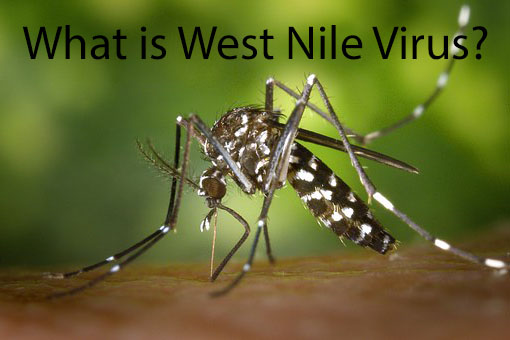West Nile Virus in Alliance

As the summer comes to a close, usually the mosquitoes stop biting and go back into hibernation. However, this fall seems to be the complete opposite.
Recently, the mosquitoes in the Panhandle have tested positive for the West Nile Virus. West Nile Virus is a mosquito-borne virus that causes flu-like symptoms such as swollen lymph nodes, headache, fever, and body aches. Currently there is no vaccine or cure for this virus, but in most mild cases of West Nile virus, the symptoms go away on their own or don’t develop at all. On the opposite side of the scale, there are a few severe cases of this virus. About one in 150 people infected with West Nile virus will develop serious symptoms such as stupor, muscle weakness, vision loss, disorientation, paralysis, and/or coma. Of the 0.67% that develop a severe case of the virus, only 10% have suffered fatalities relating to the virus attacking the central nervous system.
According to cdc.gov, people that are over the age of 60 are more likely to acquire a severe case of the virus. People with medical conditions such as diabetes, kidney disease, and cancer are also at a greater risk. Alliance Public Schools is trying to combat this virus by spraying the football and practice field with insect repellent.
How do you reduce your own risk of catching West Nile virus? As simple as it sounds, using a strong insect repellent is our current best option. Using a repellent with DEET (a specific brand of diethyltoluamide) as an active ingredient is encouraged by the Center of Disease Control and Prevention (CDC).
The CDC also says that the type of mosquito that carries West Nile virus is the most active at dawn and dusk, so avoid being outside at that time, if possible.

Hi everyone! My name is Morgan Moomey. I am a senior at AHS, and this is my third and final year writing for the SPUD. This year I am Co-Editor-in-Chief...










